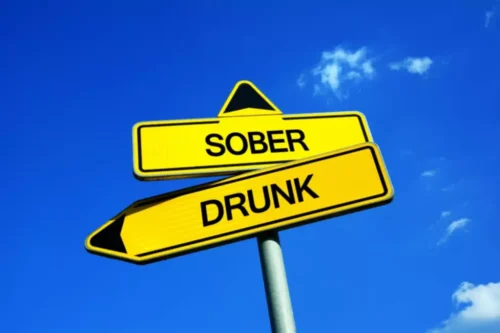Frequent urination that goes along with this flushing of the system can lead to dehydration. This can interfere with the functioning of the kidneys and other organs. You may have symptoms such as kidney, flank, and back pain.
Chronic kidney disease (CKD)
The kidney pain caused by dehydration tends to be dull and felt in the middle of the back on both sides. There may also be fatigue, headache, excessive thirst, sunken eyes, dizziness, reduced urination, and dark urine. Urinary tract infections (UTIs) are caused by bacteria that enter the urinary tract.
Dehydration
Hard deposits of minerals can build up in your kidneys over time. Kidney stones can range from very tiny (smaller than a grain of sand) to larger than a pearl. Since alcohol causes you to urinate more often than usual and dehydrates you, heavy drinking can increase your chances of developing a kidney stone and lead to kidney pain.
What are the Symptoms of Kidney Stones?
Chronic alcohol abuse is a leading cause of liver disease. When the liver is damaged, it can enlarge and press on nearby organs, including the kidneys, leading to perceived kidney pain. Liver disease can also indirectly alter kidney function, increasing the risk of other kidney disorders. Having an occasional glass of alcohol may not cause any harmful effects if your kidney functions regularly. Still, you should talk with your doctor about the safety and impact of drinking alcohol if you already have kidney disease or kidney cancer. The kidneys have an important job as a filter for harmful substances.
Why Does My Belly Button Hurt? 12 Possible Reasons
This can cause a sudden drop in kidney function known as “acute kidney injury.” When this happens, dialysis is needed until a person’s kidney function returns to normal. Acute kidney injury usually goes away in time, but in some cases, it can lead to does alcohol affect your kidneys lasting kidney damage. One of the first tests your healthcare provider will order for kidney pain is a urinalysis. The test evaluates the composition of your urine to identify signs of kidney problems, including excessive proteins or red blood cells.
Kidney health is essential for filtering toxins and waste out of our blood and transferring those substances to our urine for elimination from the body. The kidneys also keep our electrolyte and fluid levels balanced, and they are directly impacted by the excessive intake of alcohol. A high alcohol intake may also increase the risk of other problems that can hurt the kidneys, such as a urinary tract infection, high blood pressure, and long-term kidney damage.
A CT scan uses x-rays to get many detailed pictures of the kidneys or other parts of the body. An MRI uses strong magnets and radio waves to get many detailed pictures of the kidneys or other parts of the body. Early diagnosis and treatment of kidney atrophy is important to avoid further kidney damage. If your kidney stone is small enough, you can often pass it on your own without surgical intervention.
Kidney Pain After Drinking Alcohol: Symptoms
- Imaging tests will also be used to visualize the kidneys indirectly.
- People who feel ill should see their doctor before an infection has time to get worse and cause additional symptoms.
- For severe pain, NSAIDs may be used with caution, either alone or with an opioid (narcotic) painkiller.
- The prostate is a small gland in the male reproductive tract that helps make semen.




